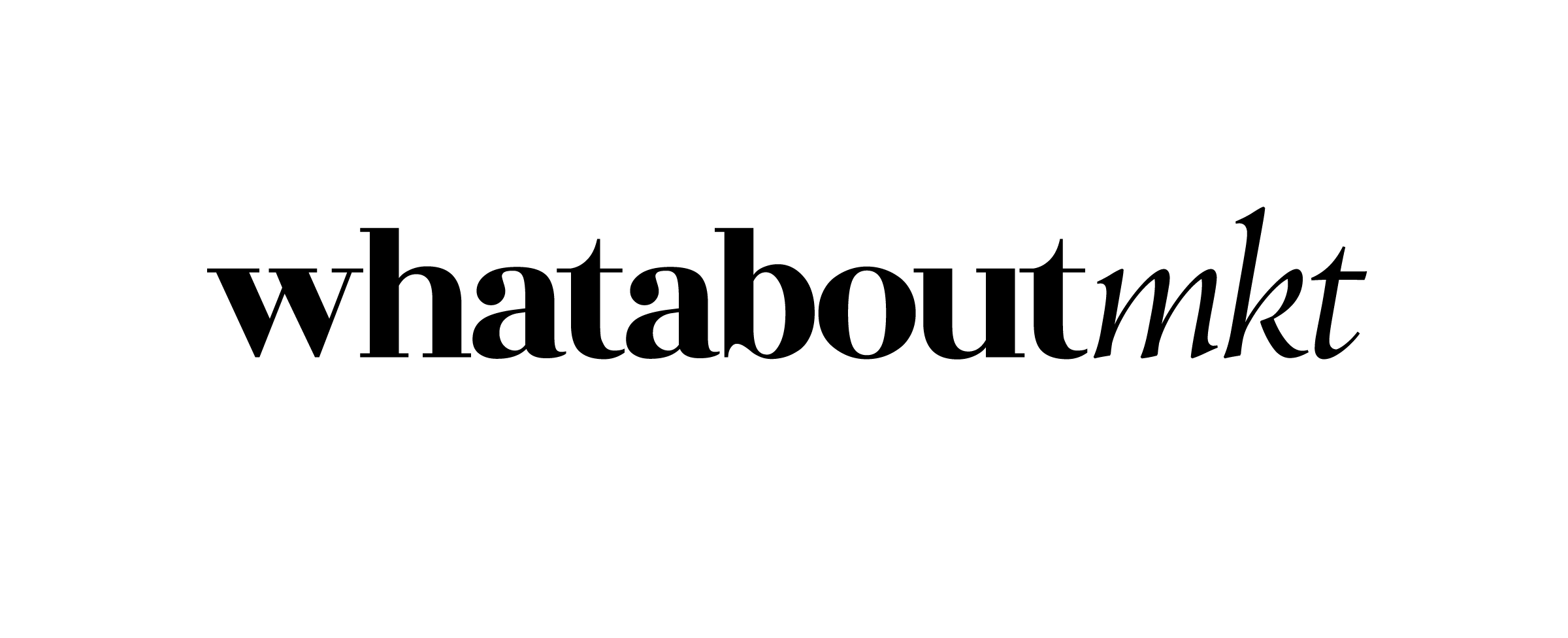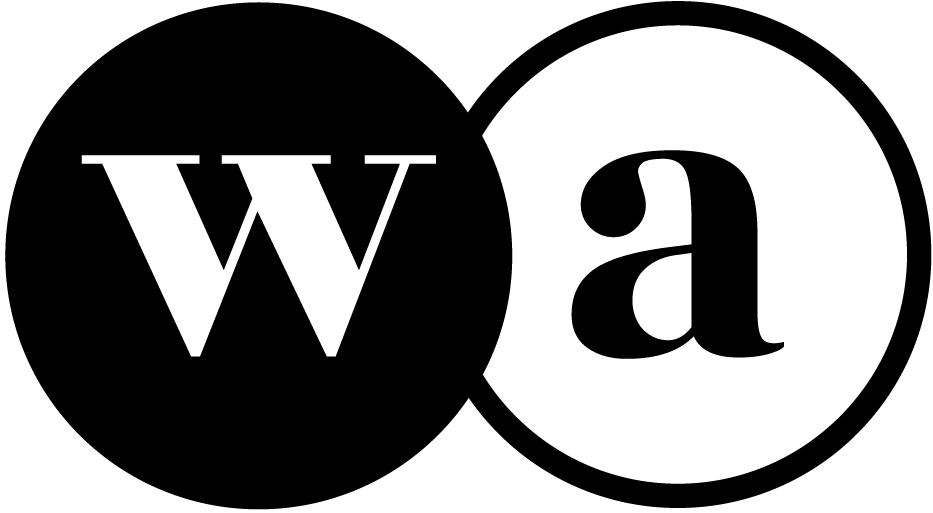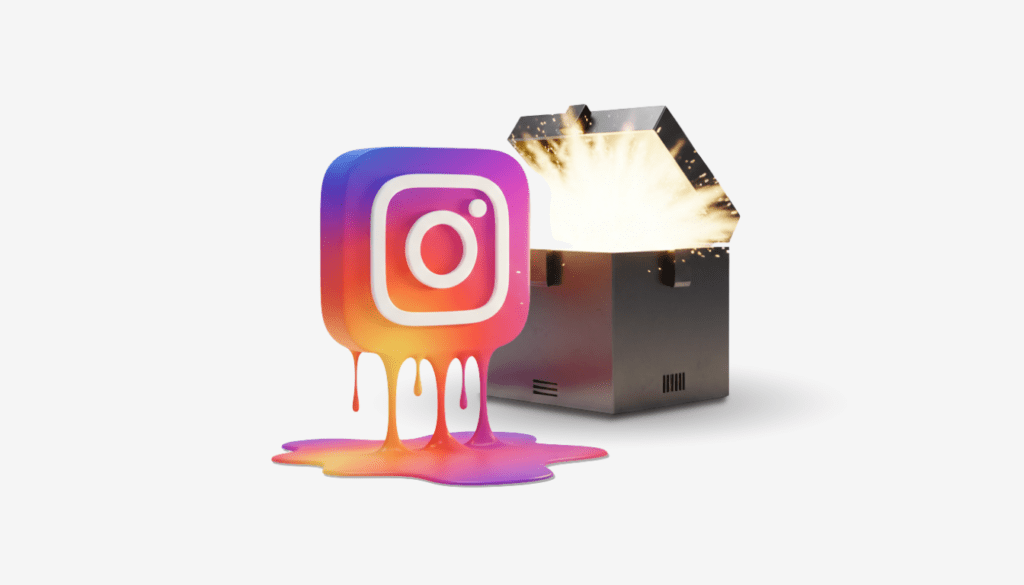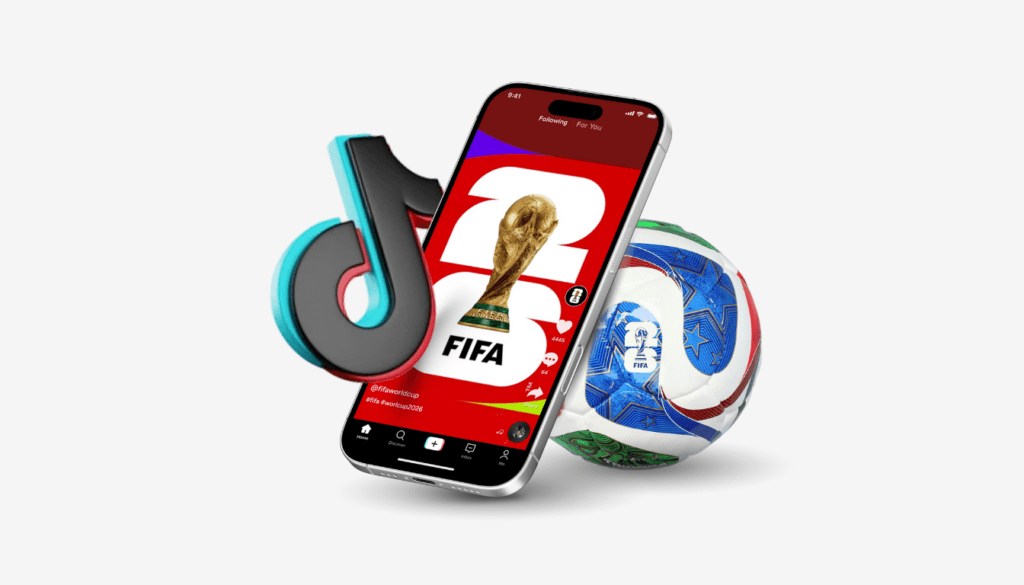The Cambridge Dictionary’s latest update added more than 6,000 new words and phrases, but none captured as much attention as “skibidi” and “delulu.” By embracing terms derived from memes and fandoms, the language institution acknowledges that digital communities are the driving force behind linguistic change.
Skibidi and the Rise of Meme Vocabulary
“Skibidi,” made famous by the surreal YouTube Shorts series Skibidi Toilet, is as nonsensical as it is influential. The series, with its mashup soundtrack and bizarre clash of toilets and humanoid figures, became a viral obsession, especially for younger audiences. By codifying “skibidi,” the dictionary effectively validates meme language as part of the mainstream English language. It also highlights how short-form video platforms, such as TikTok and YouTube Shorts, have accelerated the creation and spread of words across generations and continents.
Delulu and the Mainstreaming of Fan Culture
On the other hand lies “delulu.” Once confined to K-pop fandoms as shorthand for “delusional,” the word has since evolved into a playful, even aspirational term. Its most famous spin—“delulu is the solulu”—reflects a cultural shift where wishful thinking is embraced as a form of empowerment. From niche online spaces to global slang, “delulu” proves how fan communities can incubate language that resonates far beyond their original boundaries.
Other Words That Define the Times
Beyond the viral highlights, this update also captures the realities of contemporary life. Another slang term was also added, such as “Tradwife”, which reflects cultural debates on gender roles; “Red flag” that embodies modern dating discourse; and “Mouse jiggler”, which reveals the quirks of remote work. Even the terms “work wife” and “work husband” illustrate the blurred lines between professional and personal relationships in the digital era. Each of these additions paints a picture of how technology, culture, and identity now collide in everyday communication.
Why This Matters
By adding internet-born words, Cambridge underscores a profound shift in communication, highlighting the boundaries of formal English, but also mirrors how people truly communicate. In doing so, they provide future generations with a record of our digital age—an era where memes, fandoms, and online trends define the culture and also the language we use to describe it.









